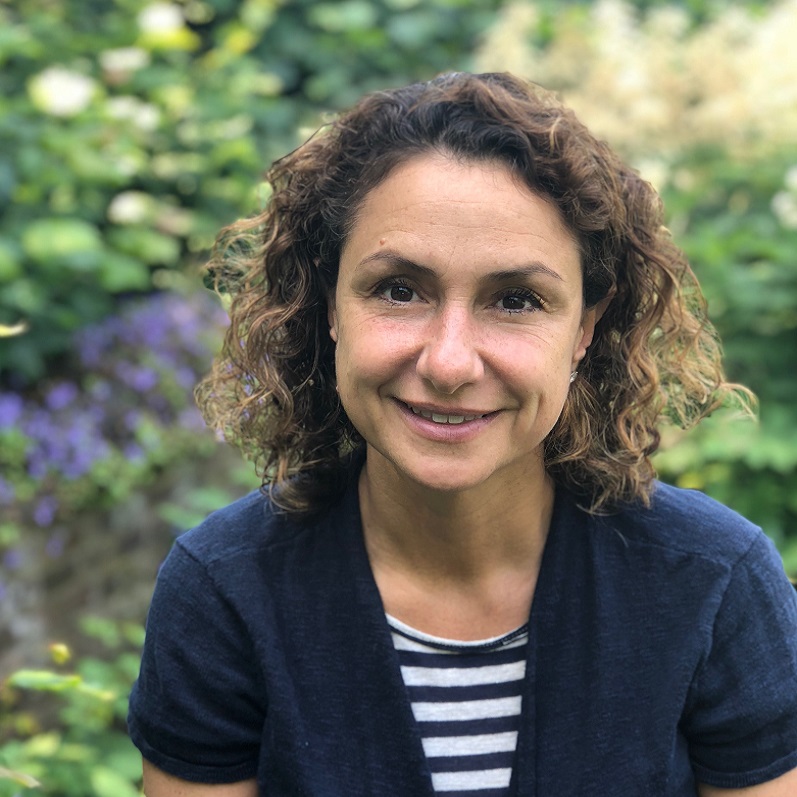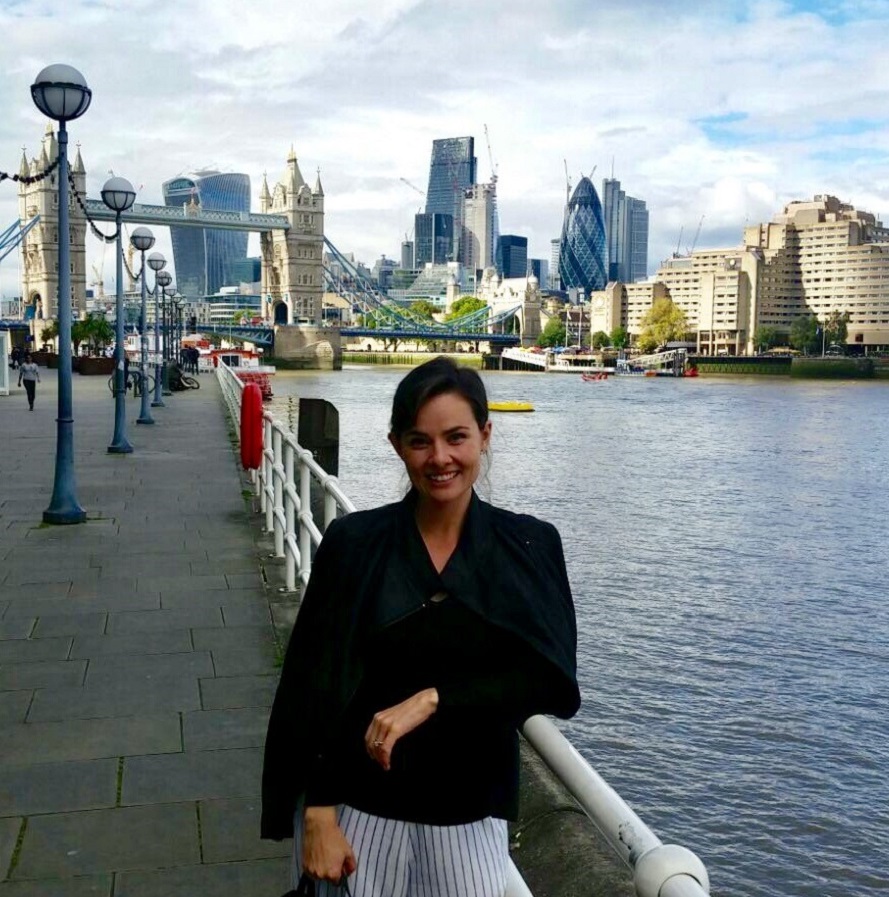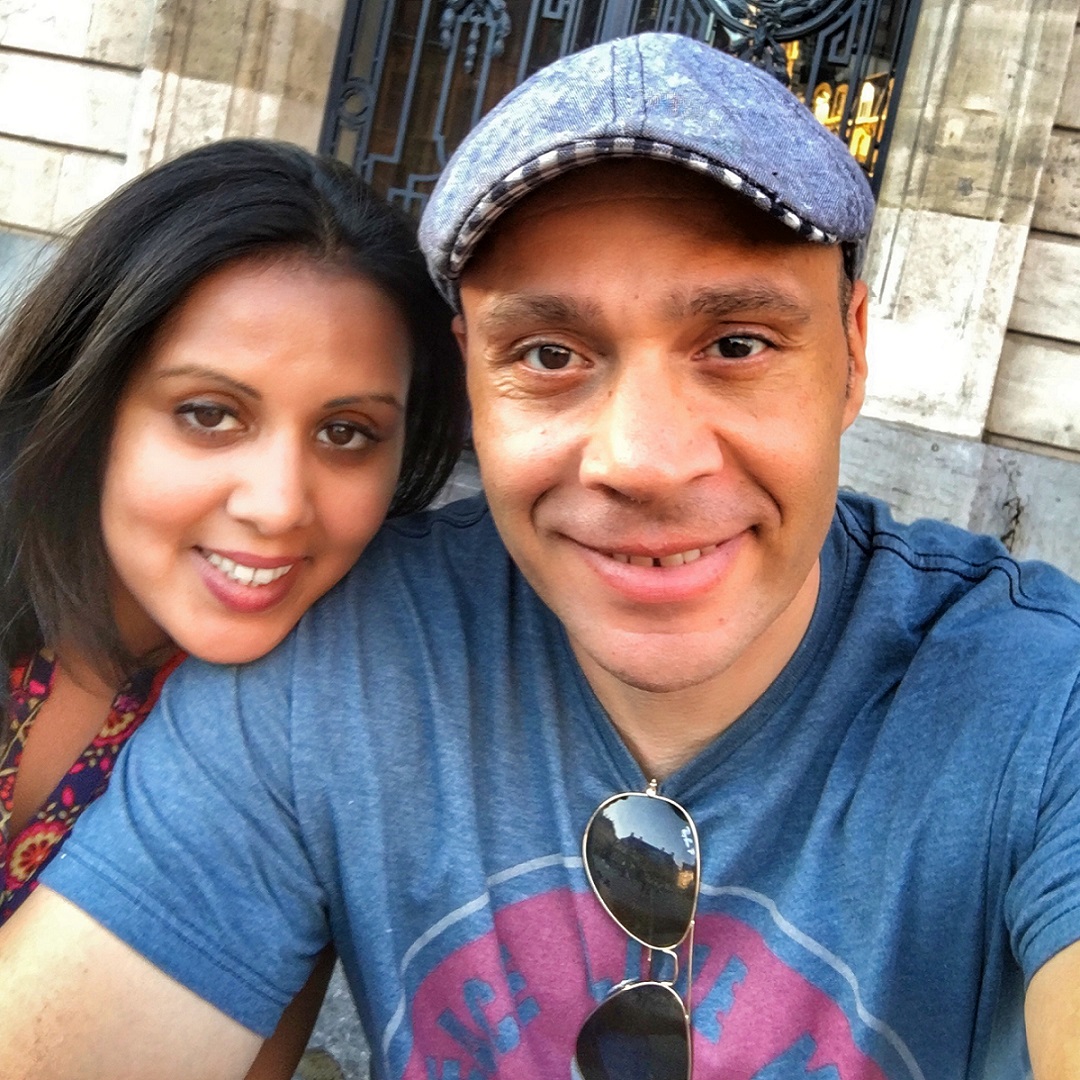There are several options to consider when choosing a school in the UK. State schools, predominantly co-educational, are government sponsored and tend to attract local pupils within a catchment area. Some schools, both state and private, are based on a religious foundation and can be of a very high standard. Private (fee-paying) schools, offer a mix of single sex and co-educational opportunities. There are also boarding schools that accept children from 7/8 years of age. In addition, international and national schools are other choices. Home schooling is possible if you are unable to find a place initially or have found this to be successful before.
The British system
In the UK, education is compulsory from 5 years of age to 18, but children usually start Reception when they are 4 by the start of the school year.
The UK education system is divided into nursery, primary, secondary and tertiary (university) education. Primary can also be called Prep (Preparatory) when is a private school. Prep schools prepare children to take the Common Entrance exam to get them into a private secondary independent school.
The national curriculum is a set of subjects and standards used by primary and secondary schools so children learn the same things. It covers what subjects are taught and the standards children should reach in each subject.
Nursery schools
Nursery schools generally take children between the ages of 2 to 5. There are state and independent ones, and they may be attached to a prep school or primary school. The sessions last from 3-6 hours per day and from 2 to 5 days per week. There are also Day Nurseries, which cater to working parents and provide care and learning activities for children from birth to five years old. They usually open from 7.00 am to 7.00 pm, but hours may vary. You can send your child full or part time, and some offer early drop-offs or late pick-ups.
The government funds the Local Education Authority (LEA) to ensure a free part-time early education place is available for every 3 and 4 year old comprising 15 hours per week for 38 weeks of the year. You can start claiming free childcare after your child turns 3. Parents do not contribute towards this minimum entitlement but may be charged fees for any services or childcare that is additional to the free place. The service is provided by a number of pre-schools (playgroups), private day nurseries and independent schools with nurseries, which are part of the Nursery Education Grant (NEG) scheme. You need to call your local Council to get a list of participating providers.
State schools
Although state schools are free of charge, parents may have to pay for meals (school dinner), uniform, sports kits, extra tuition (like music classes), and school trips. They are predominantly co-educational.
Secondary state schools are either Comprehensive, those that do not select children on the basis of academic achievement, or Grammar, those that do assess pupils for entry. For this reason, Grammar schools often achieve better results though there are very few in the Greater London area.
Some state schools may have a religious affiliation, primarily linked to either the Church of England or the Roman Catholic Church. In some areas, Muslim, Jewish and Sikh schools are also available. These so-called Faith schools usually provide high standards of education and may have some special requirements for entry. For example, letters from the family’s present parish-priest or proof that the parents have been married within the same faith as the selected school.
There are increasingly a number of Academies offering good standards of education usually focused in an area such as technology, science, arts and others. Academies are independently managed, all-ability schools, set up by sponsors from business, faith or voluntary groups in partnership with the Department for Education (DfE) and the local authority. Together they fund the land and buildings, with the government covering the running costs.
City Technology Colleges are independently managed by companies and independent bodies, non-fee paying, usually in urban areas and are for aged 11 to 18.
Community and Foundation Special schools cater for children with specific special educational needs. These may include physical disabilities or learning difficulties.
There are a few Maintained Boarding schools which offer free tuition, but charge fees for board and lodging.
All schools in the UK are inspected regularly by Ofsted, the Office for Standards in Education, Children’s Services and Skills. The Education Act requires parents to ensure their children are educated either by attending school or alternative means, such as home schooling.
To find the schools in your area visit http://schoolsfinder.direct.gov.uk/.
You may check league tables (school performance, pupils achievements and attainments) at the websites of the Department of Education https://www.compare-school-performance.service.gov.uk/ and Ofsted https://reports.ofsted.gov.uk/ or other resources listed in our website, under Education/Educational Advice.
Word of mouth is also a good source of finding out what is available.
The application process requires that the pupil is physically in the UK, with a proven address and post code. If you really like a school, it is possible to inquire whether spaces are available so you can then find accommodation nearby.
Application is mostly done through The Local Education Authority (LEA) in the borough you live. Each Local Council has a different admissions process which can begin any time from October to January before the September when the child would start. Contact your local authority for procedures, deadlines and address to send the application form. It is also possible to apply online for some schools. For detailed information and online application go to your Local Council’s website.
Depending on the type of school you apply for, living in the catchment area is only one of the selection criteria. For primary school, you may be asked to choose one or more school; for secondary, you can apply for at least three. If your first choice is not available, keep your name on the waiting list and you will be able to change school as soon as a place becomes available. For newcomers, if you miss the deadline, you are less likely to get offered a place at your preferred school.
Independent or Private schools
In the UK, many private schools offer single sex education. This is even more noticeable for senior schools. However, there are many excellent coeducational schools, including boarding schools.
If going to a single sex senior school, boys and girls usually leave preparatory (prep) schools at different ages. Girls attend prep/junior school from 4-11 and secondary/senior school from 11-18. Occasionally girls can start in a pre-prep from 4-7 and then move to a prep school from 7-11 before starting secondary school. Girls may also stay at some prep schools until the age of 13.
Boys attend pre-prep school from 4-7/8, prep school 8-13 and senior school from 13. Many schools combine pre-prep and prep which allow boys to stay from 4-13, and most co-educational senior schools will have an entry at 11 for both boys and girls.
At each stage, the private sector often requires formalised entrance examinations with considerably high levels of competition. If you are looking in the private sector but have not had enough time to research the choices it is advisable to register your child for several schools. Most schools require a non-refundable fee for registering, in many cases several years before the child will be required to sit the exams. In the past, registration for some schools had to be done at birth, but this is no longer the case. However, some senior schools, especially boarding schools, may require registration up to 5 years prior to entry.
There are a few schools in and around London that will accept children from 3-18 years. These schools may have internal entrance examinations, but often acceptance to the next level is a formality.
Boarding schools are another popular alternative. There is often a choice of full boarding or weekly boarding; in the first case, the child comes home only during holidays, while ‘weekly boarding’ schools pupils may leave every weekend.
Private schools may offer GCSEs, IGCSE, Pre-U, A-levels and the IB as their qualifications (see ‘School Qualifications’ below). Some schools may offer just one type of qualification while others may offer a combination. Private schools will usually have opportunities for many extra-curricular activities including sports, music and community work.
International and National schools
International schools are designed to cater for students who are not nationals of the country in which they are taught. These schools also attract many native students looking to attend a school offering a strong international education programme. Most teach internationally transferable qualifications such as the International Baccalaureate (IB) or develop their own curricula, generally based on the UK or American education system. English is generally the primary language of instruction, but programmes are also offered to help non-native English speakers.
If your family is bound to be relocated several times, or your assignment is supposed to be short, you should consider International schools or National ones, when the chance of going back to your home country is high.
National schools, such as the American, the French, the German, the Italian and the Swedish and many others, generally follow the same curriculum as the home country with lessons most often taught in the native language or in a combination of those and English.
Pupil turnover tends to be higher than at other schools. As such, these schools develop programmes to ease the transition. Services are set up to help with the relocation process and enable parents and students to forge links and friendships with other families in similar situations.










